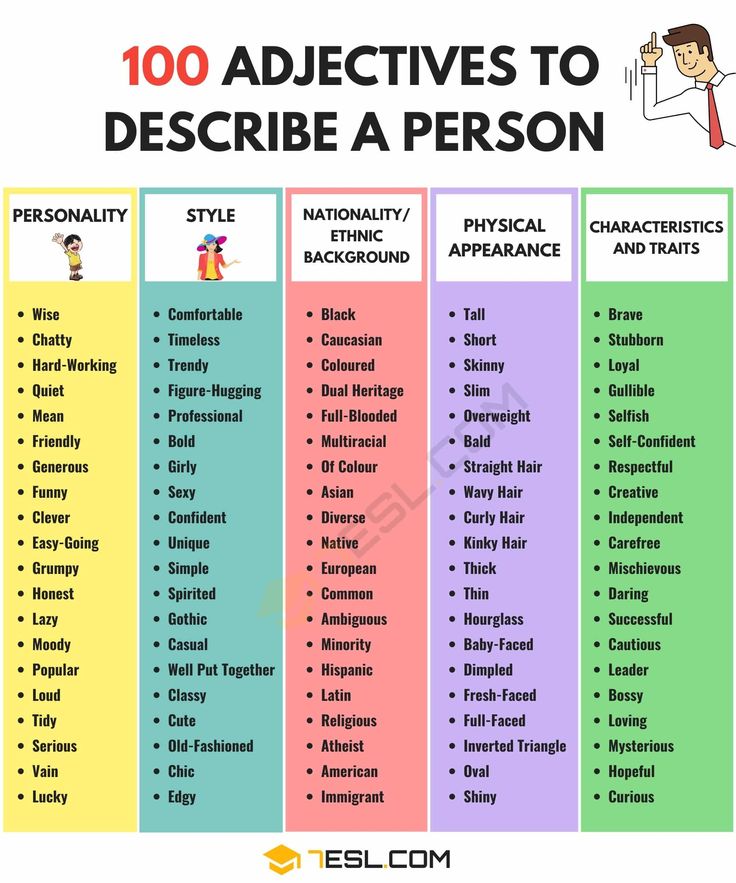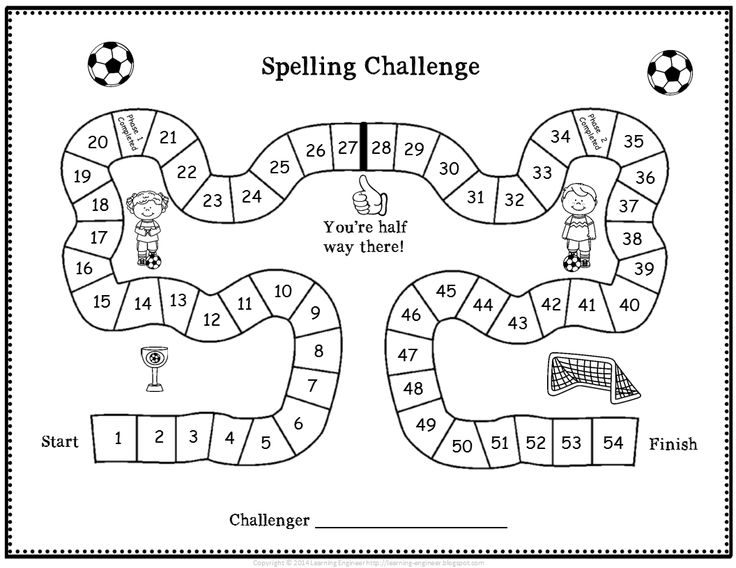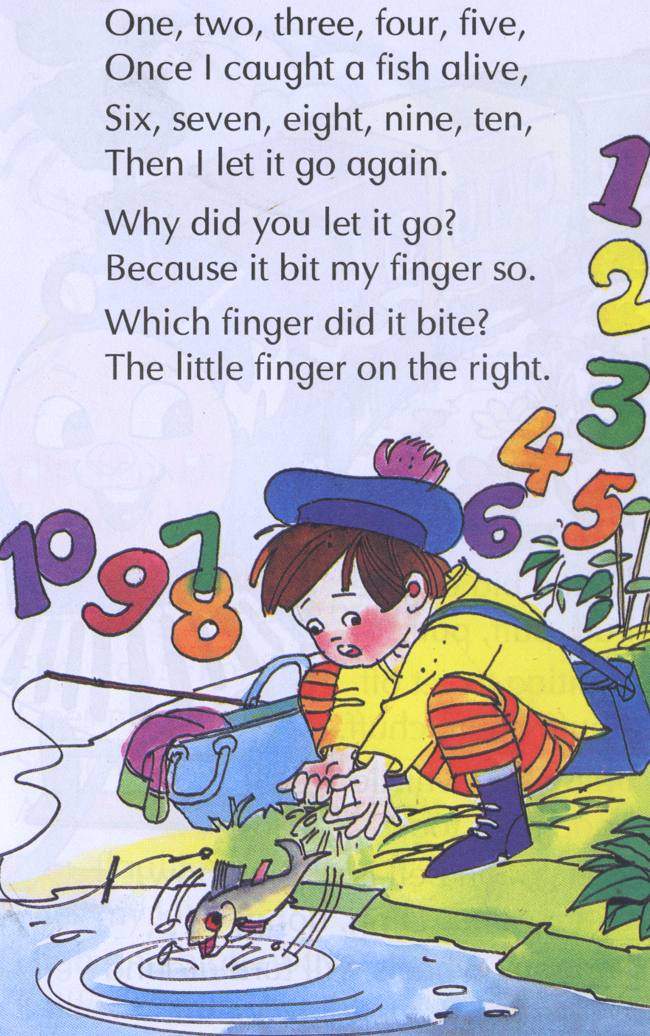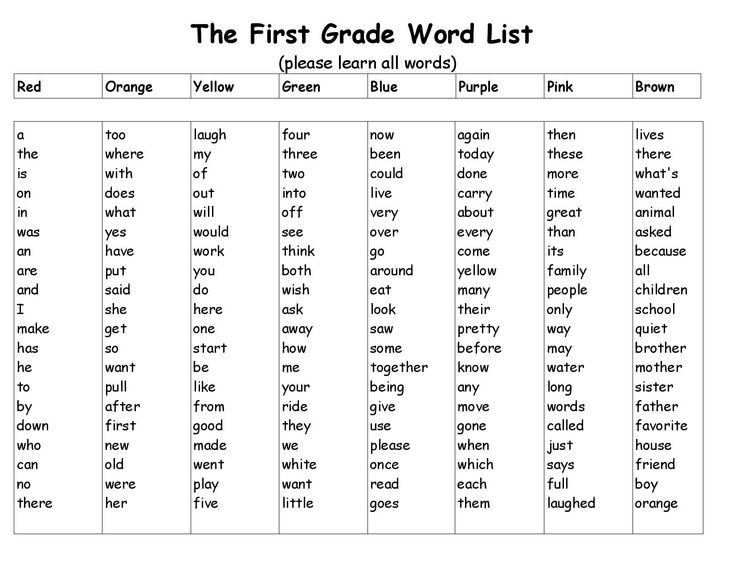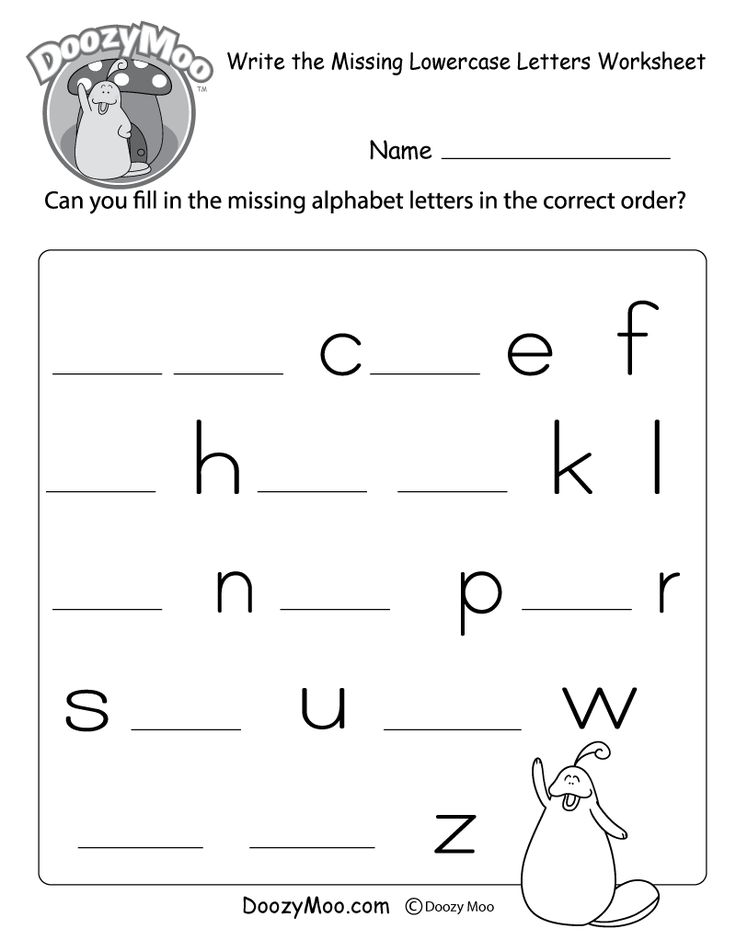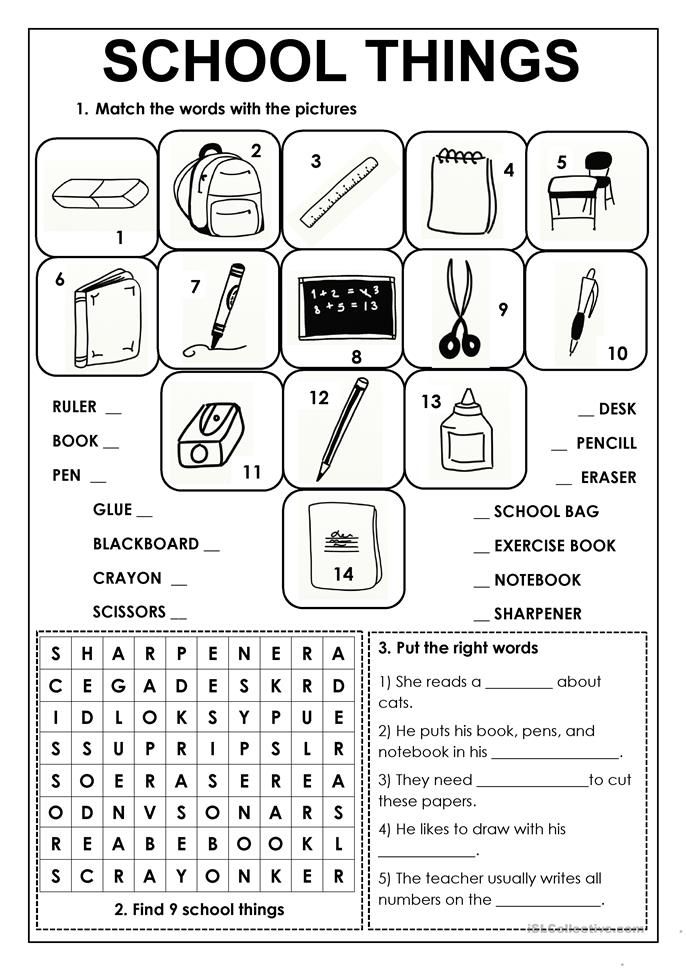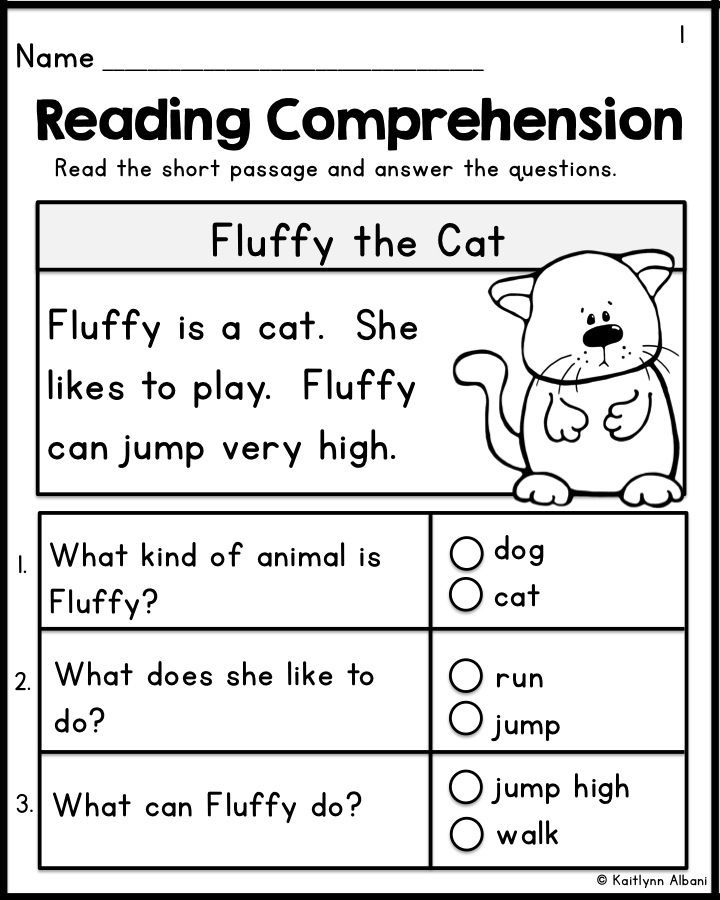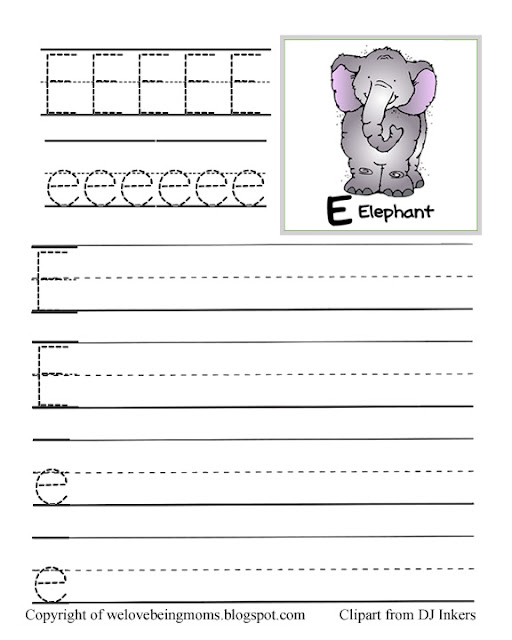Helping children with writing
Helping Young Children Develop Strong Writing Skills
On this page
- Why is writing important?
- What Can You Do?
- Ideas for Parents: How to Help Your Child Become a Stronger Writer
Note: This article was adapted from two articles written by the U.S. Department of Education and was compiled by Colorín Colorado.
Writing is an important part of our daily lives. It is, however, a difficult skill to learn and master. By getting a head start with some simple activities, you can help your child begin to develop her writing skills at an early age. By doing so you will be contributing to her future success as a student and as an adult while teaching her how to express herself.
In this article, we provide some reasons that writing is an important skill for people of all ages, as well as a list of suggestions that will help your child become a stronger writer.
Why is writing important?
Writing is practical.
Every day, we need to write in order to complete our tasks, whether we are filling out a form at the doctor's office or writing an important letter. These tasks require us to write clearly, and organize information effectively.
Writing is an important element of a student's education.
Whether students are writing by hand or on the computer, many assignments and exams require students to write short answers or longer essays as a way of assessing what they have learned. As students get older, they will be expected to show more sophisticated writing skills, and to complete more sophisticated tasks through their writing. In addition, many colleges and universities require students to write essays as part of their admissions application.
Writing can be an important element of an employee's job.
Employees in many kinds of jobs are required to write on a daily basis. Perhaps they are taking phone messages and doing administrative work, or writing research reports and newspaper articles. Whatever the task, their ability to do their job well may depend on their ability to write. Many job applicants also must submit a resumé and a letter of application when applying to a new job.
Writing is an important form of communication.
Writing letters and emails is a common way of keeping in touch with our friends, relatives, and professional colleagues. Writing is frequently the final stage in communication when we want to leave no room for doubt, which is why we write and sign contracts, leases, and treaties when we make important decisions.
Writing can be an important outlet.
Many people find writing to be therapeutic, and a helpful way to express feelings that cannot be expressed so easily by speaking.
What Can You Do?
It's important to remember that writing can be as difficult a subject to teach and assess as it is to learn. Many students have trouble writing with clarity, coherence, and organization, and this can discourage them from writing if they feel frustrated.
That's where parent involvement can make a big difference. Encouraging your child to develop strong writing skills at a young age, and to become a better writer as she gets older, can have a lifelong positive impact on her writing, and may make writing an easier and more enjoyable process for her
To get you started, the Department of Education offers a number of ideas of things you can do help your child become a stronger writer.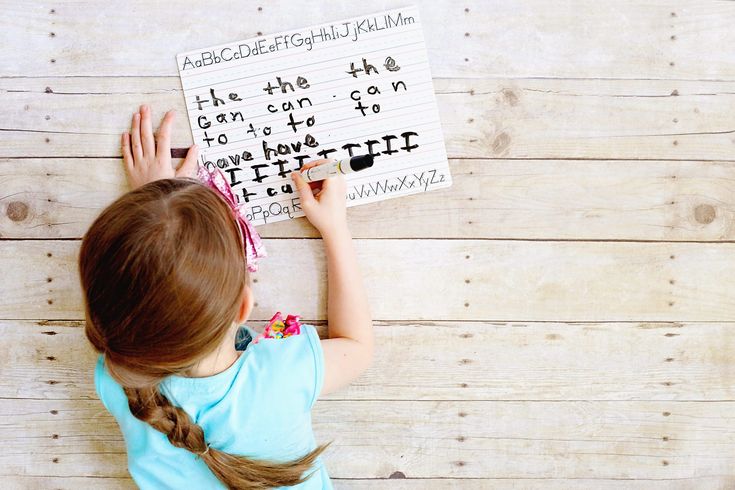 While many of these ideas apply to younger children, they can be adapted for older children as well. To learn more about ways to support your children if they continue to struggle with writing in middle and high school, read Tips for Parents of Struggling Adolescent Writers.
While many of these ideas apply to younger children, they can be adapted for older children as well. To learn more about ways to support your children if they continue to struggle with writing in middle and high school, read Tips for Parents of Struggling Adolescent Writers.
Ideas for Parents: How to Help Your Child Become a Stronger Writer
What You Need
- Pencils, crayons, or markers
- Yarn or ribbon
- Writing paper or notebook
- Cardboard or heavy paper
- Construction paper
- Safety scissors
Before getting started
Provide a place
It's important for your child to have a good place to write, such as a desk or table with a smooth, flat surface. It's also crucial to have good lighting.
Provide the materials
Provide plenty of paper (lined and unlined) and things to write with, including pencils, pens, and crayons.
Brainstorm
Talk with your child as much as possible about her ideas and impressions, and encourage her to describe people and events to you.
Activities for young children
Encourage the child to draw and to discuss her drawings
Ask your child questions about her drawings such as:
"What is the boy doing?"
"Does the house look like ours?"
"Can you tell a story about this picture?"
Show an interest in, and ask questions about, the things your child says, draws, and may try to write.
Ask your child to tell you simple stories as you write them down
Copy the story as your child tells it, without making changes. Ask her to clarify anything you don't understand.
Encourage your child to write her name
Practice writing her name with her, and point out the letters in her name when you see them in other places (on signs, in stores, etc.). She may start by only writing the first few letters of her name, but soon the rest will follow.
Use games
There are numerous games and puzzles that help children with spelling while increasing their vocabulary.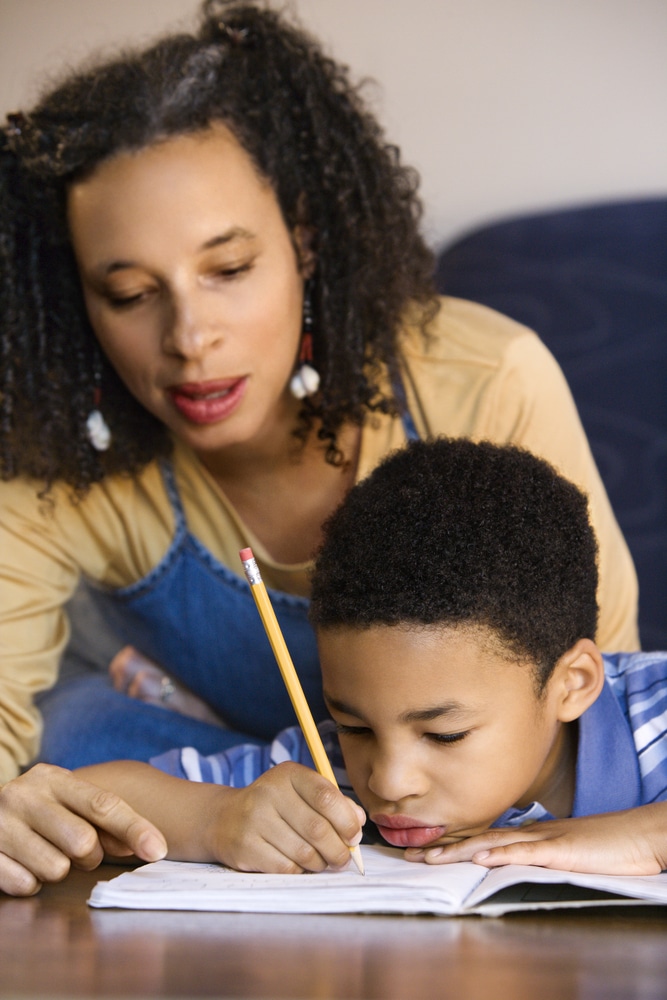 Some of these may include crossword puzzles, word games, anagrams, and cryptograms designed especially for children. Flash cards are fun to use too, and they're easy to make at home.
Some of these may include crossword puzzles, word games, anagrams, and cryptograms designed especially for children. Flash cards are fun to use too, and they're easy to make at home.
Turn your child's writing into books
Paste her drawings and writings on pieces of construction paper. For each book, make a cover out of heavier paper or cardboard, and add special art, a title, and her name as author. Punch holes in the pages and cover, and bind the book together with yarn or ribbon.
Day-to-Day Activities
Make sure your child sees you writing
She will learn about writing by watching you write. Talk with her about your writing so that she begins to understand why writing is important and the many ways it can be used.
Encourage your child to write, even if she's scribbling
Give your child opportunities to practice writing by helping her sign birthday cards, write stories, and make lists.
As your child gets older, write together
Have your child help you with the writing you do, including writing letters, shopping lists, and messages.
Suggest note-taking
Encourage your child to take notes on trips or outings, and to describe what she saw. This could include a description of nature walks, a boat ride, a car trip, or other events that lend themselves to note-taking.
Encourage copying
If your child likes a particular song, suggest that she learn the words by writing them down. Also encourage copying favorite poems or quotations from books and plays.
Encourage your child to read her stories out loud
As your child gets older, ask her to share her stories with you. Listen carefully without interrupting, and give her positive feedback about her ideas and her writing!
Hang a family message board in the kitchen
Offer to write notes there for your child. Be sure that she finds notes left there for her.
Be sure that she finds notes left there for her.
Help your child write letters and emails to relatives and friends
These may include thank you notes or just a special note to say hello. Be sure to send your child a letter or card once in awhile too so that she is reminded of how special it is to get a letter in the mail. Consider finding a pen pal for your child.
Encourage keeping a journal
This is excellent writing practice as well as a good outlet for venting feelings. Encourage your child to write about things that happen at home and school, about people she likes or dislikes and why, and about things she wants to remember and do. If she wants to share the journal with you, read the entries and discuss them together.
Things to remember
Allow time
Help your child spend time thinking about a writing project or exercise. Good writers often spend a lot of time thinking, preparing, and researching before starting to write. Your child may dawdle, sharpen a pencil, get papers ready, or look up the spelling of a word. Be patient — this may all be part of her preparation.
Your child may dawdle, sharpen a pencil, get papers ready, or look up the spelling of a word. Be patient — this may all be part of her preparation.
Respond to your child's writing
Respond to the ideas your child expresses verbally or in writing. Make it clear that you are interested in what the writing conveys, which means focusing on "what" the child has written rather than "how" it was written. It's usually wise to ignore minor errors, particularly at the stage when your child is just getting ideas together.
Praise your child's writing
Take a positive approach and find good things to say about your child's writing. Is it accurate? Descriptive? Original? Creative? Thoughtful? Interesting?
Avoid writing for your child
Don't write a paper for your child that will be turned in as her work, and don't rewrite your child's work. Meeting a writing deadline, taking responsibility for the finished product, and feeling ownership of it are also important parts of the writing process.
Help your child with her writing as she gets older
Ask your child questions that will help her clarify the details of her stories and assignments as they get longer, and help her organize her thoughts. Talk about the objective of what she is writing.
Provide your child with spelling help when she's ready for it
When your child is just learning how to read and write, she may try different ways to write and spell. Our job is to encourage our children's writing so they will enjoy putting their thoughts and ideas on paper. At first, your child may begin to write words the way that she hears them. For example, she might write "haf" instead of "have", "frn" instead of "friend", and "Frd" instead of "Fred." This actually is a positive step in developing her phonemic awareness. Keep practicing with her, and model the correct spelling of words when you write. As your child gets older and begins to ask more questions about letters and spelling, provide her with the help she needs.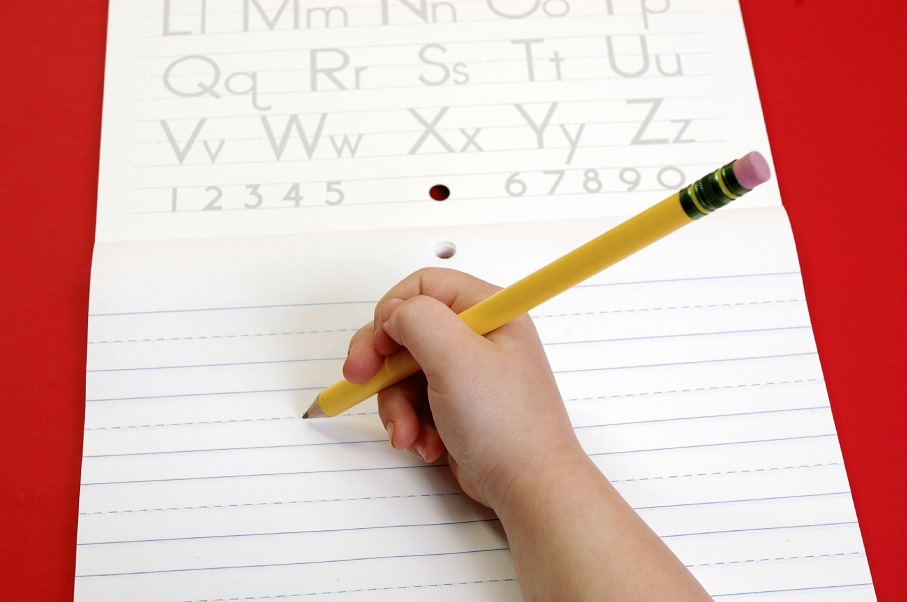
Practice, practice, practice
Writing well takes lots of practice, so make sure your child doesn't get discouraged too easily. It's not easy! Give her plenty of opportunities to practice so that she has the opportunity to improve.
Read together
Reading and writing support each other. The more your child does of each, the better she will be at both. Reading can also stimulate your child to write about her own family or school life. If your child has a particular favorite story or author, ask her why she thinks that story or that person's writing is special.
As you read and write more with your child, you will be building an important foundation, and taking steps that will help your child to become a better reader, writer, and student. Your efforts now will make a difference — and it may be just the difference that your child needs to succeed!
References
U.S. Department of Education. Office of Educational Research and Improvement, Archived Information. "Help Your Child Learn to Write Well." http://www.ed.gov/pubs/parents/Writing/index.html.
"Help Your Child Learn to Write Well." http://www.ed.gov/pubs/parents/Writing/index.html.
U.S. Department of Education. Parent Section: Helping Your Child Become a Reader. "Write On!" http://www.ed.gov/parents/academic/help/reader/part5.html#write.
Reprints
You are welcome to print copies or republish materials for non-commercial use as long as credit is given to Colorín Colorado and the author(s). For commercial use, please contact [email protected].
Major support provided by our founding partner, the American Federation of Teachers, AFL-CIO.
With generous support provided by the National Education Association.
ADVERTISEMENT
Most Popular
Culturally Responsive Instruction for Holiday and Religious Celebrations
Language Objectives: The Key to Effective Content Area Instruction for English Learners
8 Strategies for Building Relationships with ELLs
Supporting ELLs in the Mainstream Classroom: 12 Strategies for Language Instruction
Tweets by @ColorinColorado
7 Great Ways to Encourage Your Child's Writing
By: Amanda Morin, Understood
1.
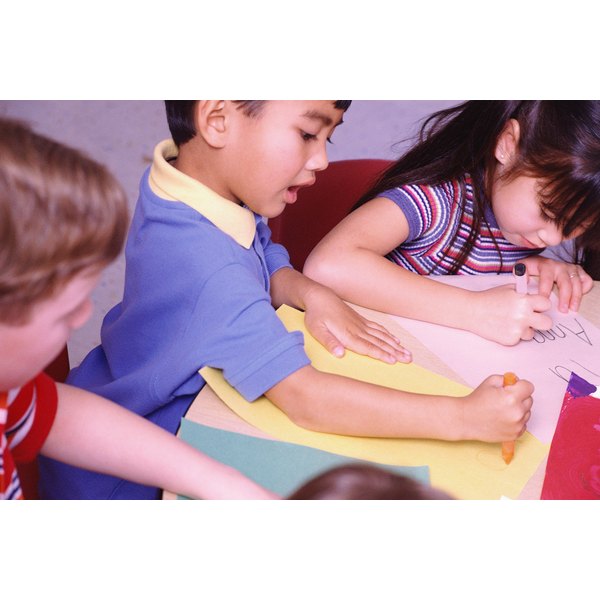 Write a “Convince Me!” letter
Write a “Convince Me!” letterWriting isn’t just about telling stories or reporting on books. There are many ways your child can use words, including trying to convince others to agree with her. You can help her practice this type of writing by letting her argue with you—in writing!
Choose a topic you don’t agree on, such as allowance or bedtime. Have your child write you a letter trying to convince you to change your mind. The catch? She has to use facts, quotes and logic to back up her argument.
2. Play a game with pictures
Photos and images are great story sparkers. Do a web search and find a few interesting images. Or cut out pictures from magazines. The pictures can be realistic, such as a photo of students on a playground. Or they can be fantastical images, such as a superhero flying in space.
Glue a couple images into a notebook. Then ask your child to write about one of them. You can prompt her, asking her to include what she sees, what the people are thinking, what will happen next—or just let her imagination run free.
3. Play “Tell Me How”
In this activity your child pretends she’s writing to a space alien who doesn’t know anything about our culture. This alien does everything exactly as it’s said or written.
Your child’s job is to choose an everyday task, like brushing her teeth or making a sandwich. Then, she needs to write step-by-step directions about how to do the task for the alien. When she’s done, you get to be the alien and try to follow the steps exactly as she wrote them. She may be surprised at what she left out!
4. Make an “I Can” book
As your child learns to write, she’ll also be learning other new skills. Making an “I Can” book will let her practice writing skills and keep track of her other accomplishments. Staple together a bunch of blank sheets of paper to make a book. As your child reaches a new milestone, such as learning to tie her shoes or hit a baseball, she can draw a picture on a new page of the book. Younger kids can then write, “I can tie my shoes. ” Older kids can write a few sentences about what they’ve accomplished.
5. Play “Fortunately/Unfortunately”
This turn-taking writing game is based on a classic kids’ book by Remy Charlip called Fortunately. In it, something lucky happens and then something unlucky happens. Each event is introduced by either the word “fortunately” or the word “unfortunately.”
To play, take a piece of paper and write a sentence beginning with “Fortunately,” such as “Fortunately it was a sunny day. I wanted to play outside.” Pass the paper to the next player, who will add an “unfortunately” sentence, such as “Unfortunately, I had to clean my room.” Keep going until the story is too silly to continue.
6. Make a journal jar
A journal doesn’t have to be a diary. It can also be a book where your child writes about ideas or answers questions, like “If you could do anything next summer, what would you choose?” A journal jar is a place to keep all those ideas and questions.
Wash and decorate a wide-mouthed jar, like one that used to contain peanut butter. Then, write or print out journal prompts on slips of paper. Ask your child to pull out one prompt each day and write about it in her journal.
7. Create a family scrapbook
A family scrapbook is a great way to save memories and jump-start your child’s writing. Use an inexpensive photo album to keep souvenirs of things you do together. This can include photos, ticket stubs, and found objects, like pretty leaves.
Your child can begin by writing the date and a line about where you were and what you did. Then, you can work together to write a more detailed summary. Don’t forget to include funny or even annoying moments!
Watch as an expert shares more tips for encouraging your child’s writing, including using dictation (speech-to-text) technology:
This special edition of Growing Readers was created by Understood, a free online resource for parents of children with learning and attention issues. This article originally appeared on Understood.org.
This article originally appeared on Understood.org.
How to teach a child to write without mistakes: we train in writing dictations
It would seem that in the age of high technology dominance, the ability to write correctly and express one's thoughts will disappear as unnecessary. But even the most perfect computer program cannot always recognize an error in the text and construct a sentence correctly.
Therefore, it was and remains important and necessary to know the rules of the Russian language and the ability to apply them in practice.
But what if the child constantly writes with errors? And is it possible for an adult to learn literate writing? You will learn how to teach a child to write without errors in this article. nine0003
Prostock-studio/Shutterstock.com
Content:
- Causes of writing errors in children
- What is dysgraphia?
- How to write a dictation correctly: the secrets of teachers
- Learning to write without mistakes
- Advice for elementary school students and their parents
- How to help a middle school child?
- Competent writing among high school students and adults: is it possible to learn?
Causes of errors in writing in children
Teachers complain that with the popularity of gadgets, children have forgotten how to correctly write dictations and essays. In fact, the problem is not only this.
In fact, the problem is not only this.
Let's try to figure out why not all children manage to write words without mistakes.
The reasons may be:
Ignorance of the rules
Often a child makes mistakes if he does not know how certain words are spelled correctly.
The Russian language has rules that require the traditional spelling of words, regardless of pronunciation. For example, "zhi-shi" write with the letter "and", "ca-cha" write with the letter "a". nine0003
Also, do not forget about the rule for selecting test words and dictionary words, the spelling of which you just need to remember.
If a child does not have enough knowledge of these rules and does not remember the correct spelling of words, then mistakes in writing are inevitable.
Fatigue
Prostock-studio/Shutterstock.com
Missing letters or misspellings of words also occur due to the child's fatigue, fatigue and malaise. Attention becomes distracted, and the student makes a mistake even in those words with the spelling of which he is perfectly familiar. nine0003
nine0003
Read also About school workloads: how to prevent overwork in a child?
Fear of bad grades
The child is afraid of getting a bad grade for a dictation or an essay. Unable to concentrate on the task, distracted. And he definitely makes a mistake: he does not add words, he rearranges syllables in places.
The appearance of such a fear is often associated with the fact that parents are too strict with the child's academic performance.
Specific problems
These include left-handedness, including retrained, as well as bilingualism in the family. All this contributes to the fact that the child may have problems with the correct spelling of words. nine0003
Dysgraphia
Often mistakes in writing are due to the fact that the child suffers from dysgraphia.
Learn more about this violation in the next section.
What is dysgraphia?
Prostock-studio/Shutterstock.com
Dysgraphia is a writing disorder characterized by persistent and repetitive errors. Dysgraphia is associated with the underdevelopment of certain areas of the brain. Therefore, the child does not possess the skills of speech analysis and synthesis. nine0003
Dysgraphia is associated with the underdevelopment of certain areas of the brain. Therefore, the child does not possess the skills of speech analysis and synthesis. nine0003
According to 2018 data, about 37% of Russian schoolchildren suffer from dysgraphia.
What errors indicate dysgraphia:
- omissions of letters and whole syllables in words;
- adding extra letters to words;
- substitutions for letters that are similar in spelling;
- mirror image of letters;
- continuous spelling of words;
- incorrect word agreement;
- illegible handwriting.
A speech therapist and a neurologist deal with the correction of this disorder. In difficult cases, drug therapy is also used. nine0003
How to write a dictation correctly: the secrets of teachers
Prostock-studio/Shutterstock.com
Many parents are concerned about the question - how to teach a child to write dictations without mistakes? After all, dictation texts begin to be given to students already in elementary school.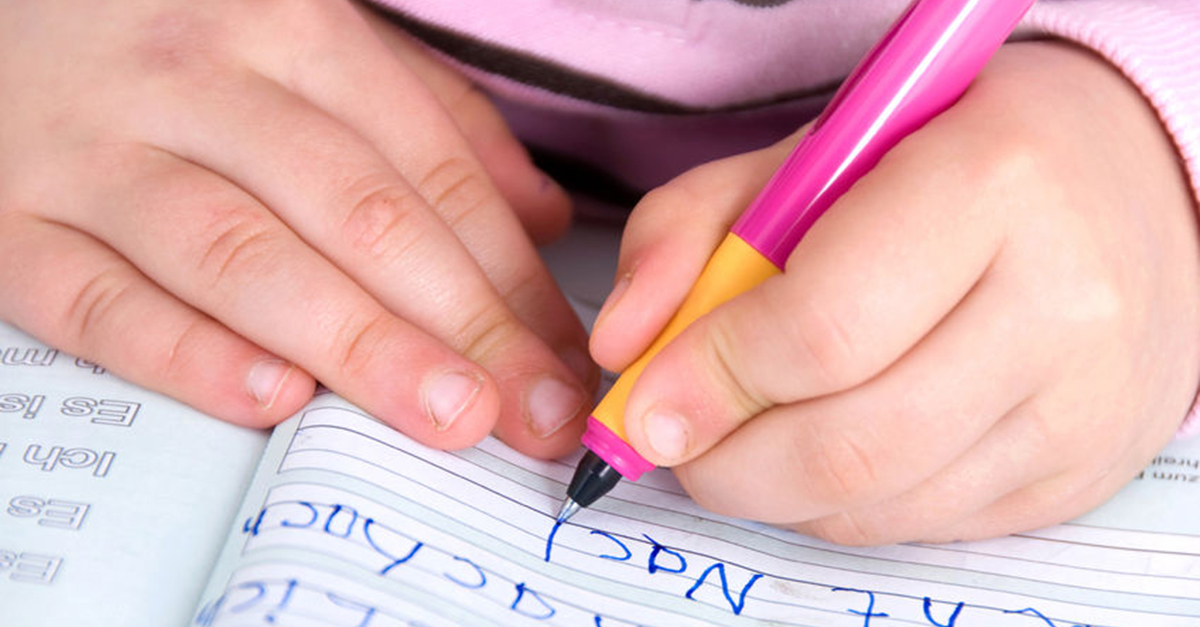
Teachers reveal the secrets of successful dictation writing.
Secret #1. Develop fine motor skills, train your fingers
Modeling, appliqué, finger games are useful. They contribute to the development of the skill of beautiful and accurate writing. nine0003
Secret #2. Regularity is important
To learn something, you need to practice this action as often as possible. This applies to both driving a car, playing a musical instrument, and the ability to write correctly.
Make it a rule to write two dictations a week with your child. Repeat difficult words for him 2-3 times.
Do not focus on misspellings by underlining errors with red ink. It is better to put the difficult word in the dictionary and repeat the rule with the child, which will help to write this word correctly. nine0003
Secret #3. Properly designed workplace
The place where the child learns lessons should be well lit and equipped with the necessary furniture.
It is also important to teach your son or daughter how to sit at a table with a straight back and hold a notebook at a 45 degree angle.
If the child sits in an uncomfortable position, there is excessive muscle tension, which leads to rapid fatigue.
Find out more about the proper organization of the workspace for a student of any grade. nine0003
Secret #4. Reading aloud
Prostock-studio/Shutterstock.com
It is recommended to start reading fairy tales, nursery rhymes, nursery rhymes to your child from early childhood. When he learns to read on his own, ask him to read each word as it is spelled so that he remembers the correct spelling. Let him pronounce all the words from the text clearly and distinctly.
After that, you can proceed to reading as we speak.
Children also like it when their parents read roles with them with a certain intonation that matches the character's character. nine0003
Secret #5. Teaching through passion
Any, even the most complex material, is easier to learn through play.
It will be useful to play at school, where the child appears both as a student and as a teacher. Let him try to conduct a dictation for his parents himself and check for mistakes.
Secret #6. Listen carefully
Explain to your child the rules for writing dictations:
- Pay attention to the pauses when the teacher reads the text.
- Do not start writing until the sentence has been read to the end. nine0016
- Don't cheat from your neighbor. He may be wrong himself.
- When you write a compound word, say it out loud in syllables.
- Don't rush to turn in your notebook. Check your work carefully again.
When sending your child to school, take care not only of his readiness, but also of safety. Purchase a children's GPS watch or install the Find My Kids app on your phone. With their help, you can check how your child's lessons are going, whether peers or teachers offend him at school. And if a student walks to school on his own, you can see which route he takes (and assess his safety) and where he is at the moment. nine0003
nine0003
Learning to write without mistakes
Prostock-studio/Shutterstock.com
Tips for elementary school students and their parents
Proper motivation
The child must understand why he needs good writing. A competently writing and speaking person always commands respect from others. Moreover, these skills are sure to come in handy in business life. Yes, and a regular SMS message is more pleasant to read when it does not contain grammatical errors.
Education in the form of a game
As we have already said, it is easier for a preschooler, like a primary school student, to memorize the material if it is presented in a playful way. The following games will be useful:
1. Find and mark
The child is offered a text in which, for example, you need to circle the letter “l” and cross out the letter “a”.
2. Echo
Adult reads the word. The task of the child is to reproduce the ending of this word. Then write it in a notebook and highlight the ending with a special sign. nine0003
Then write it in a notebook and highlight the ending with a special sign. nine0003
3. Find the word
The child is offered a text in which you need to find a word according to certain characteristics. For example, all words beginning with the letter "c" or all words ending in the letter "a".
4. Write a word
Prostock-studio/Shutterstock.com
Mom or dad lays out cards with letters in front of the child. The task of the child is to make a word out of them. It is better to start with simple words: “house”, “garden”, then move on to more complex ones: “hello”, “desk”, “chest of drawers”, etc. If the child finds it difficult to complete the task, he is given only the letters that make up the desired word. nine0003
You can make the game more difficult: write the name of your favorite fruit or sweet from the letters. In this case, the child chooses the word himself.
These and other games will help schoolchildren learn to write even the most difficult words carefully and without mistakes.
Don't forget about physiology
You don't have to force your child to sit at the table for hours and achieve even calligraphic handwriting. Otherwise, classes will turn into torture for him. 20-30 minutes a day devoted to the development of literate writing is enough for a primary school student. nine0003
Also find out what to do if your child does not want to study and do homework.
How to help a middle school child?
Prostock-studio/Shutterstock.com
If your child hasn't developed good writing skills after elementary school, then it is necessary to continue this work in middle school.
The following exercises will help students:
Find the mistake
The parent writes a text with errors in those words, the spelling of which the child cannot remember in any way. The child's task is to find a misspelled word and remember the rule that should be followed when writing this word. nine0003
Dictionary of compound words
It is necessary for recording vocabulary words and words in which the child constantly makes mistakes. An adult dictates words from it first, and then sentences with these words, checking the spelling.
An adult dictates words from it first, and then sentences with these words, checking the spelling.
Life hack: find the right motivation for student learning. Together come up with a desired goal for which the child will save by completing certain tasks from the parent. The Find My Kids app and the new Kids Tasks feature help make this happen! nine0003
Make up a sentence
The child is given cards with words, from which he must make a sentence and write it in a notebook. An adult checks the correct spelling of words and literacy of the text.
Missing words
The child picks up the missing words. For example: “It melts in the spring ...., they run ...., they fly in from the south ....”
Make a word
The same exercise as for elementary grades, but with more difficult words. For example, terms from any area (recycling, abbreviation, dissimilation, and others). nine0003
Compose a crossword puzzle
A child composes a crossword puzzle for parents on a specific topic, for example, based on the works of A. S. Pushkin, and for him they are from words that are difficult to spell.
S. Pushkin, and for him they are from words that are difficult to spell.
Competent writing among high school students and adults: is it possible to learn?
Prostock-studio/Shutterstock.com
There is an opinion that if a child does not learn to write correctly from the first grade, then this skill will remain unattainable for him in the future.
But experts say that this is not so. Writing beautifully and without mistakes can be learned at any age. nine0003
Tips for high school students and adults to achieve good writing:
- Be patient
If you really want to learn how to write correctly, it will take time and desire, as well as perseverance in achieving the goal. Classes should be regular. It is better if they take place at the same time. So your brain will quickly get used to the need to improve writing.
- Get in the habit of using a spelling dictionary if you don't know the correct spelling of a word
- Read a lot and enjoy it
Reading develops attention and visual memory.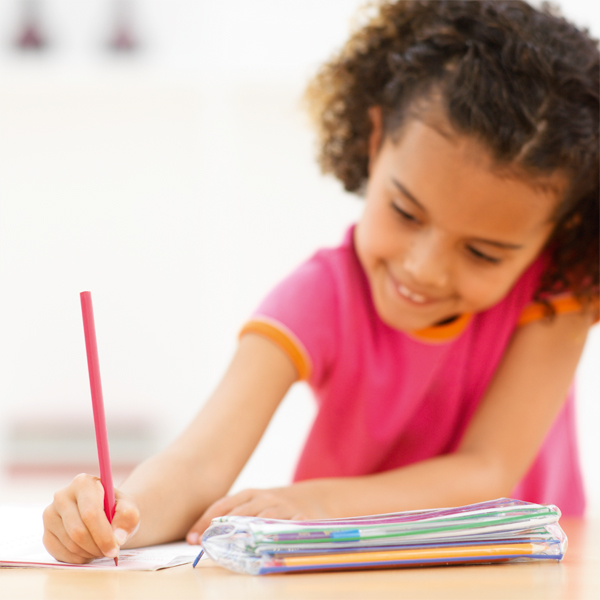 When reading a text, you unconsciously memorize the correct spelling of words, including complex ones. And if at the same time you also pronounce it, motor memory is included in the matter. Choose books that suit your interests, but it is better to give preference to the classics.
When reading a text, you unconsciously memorize the correct spelling of words, including complex ones. And if at the same time you also pronounce it, motor memory is included in the matter. Choose books that suit your interests, but it is better to give preference to the classics.
Prostock-studio/Shutterstock.com
- Copy your favorite expressions, quotes from the book
The more the better. Pay attention not only to the correct spelling of words, but also to punctuation marks.
- Learning poetry by heart also contributes to the development of literate speech
- It will not be superfluous if you involve a friend, girlfriend, husband or wife in classes
You can even arrange a competition "Who will write more texts without errors?"
- Create your own difficult words dictionary and write down words whose spelling is difficult for you to remember. And periodically reread them
- Repeat those rules of the Russian language that you forgot from the school curriculum
- If self-study does not benefit you, use the services of tutors
You can learn to write correctly and without mistakes at any age, both for a child and an adult. The main thing is to make the necessary efforts for this and not be afraid of difficulties!
The main thing is to make the necessary efforts for this and not be afraid of difficulties!
Read also:
- The child does not want to study and do homework: what should parents do?
- The most important thing about school holidays 2020-2021: dates, dates and possible changes
- How to stop being nervous and scolding a child during a DD?
Please rate the article
This is very important to us
Article rating: 5 / 5. Votes count: 6
There are no ratings yet. Rate first!
Receive a school preparation checklist to your mail
Letter sent!
Check e-mail
Helping children learn
Children learn not only at school, but also at home. By completing homework, they consolidate the knowledge acquired in the classroom, expand and deepen it. Therefore, the success of schoolchildren depends not only on teachers, but also on parents. How can you help children learn well?
How can you help children learn well?
Creating normal conditions for doing homework. First of all, it is necessary to provide children with textbooks and school supplies (notebooks, pencils, pens, etc.). The student should also be given a permanent “workplace” where he could prepare lessons. If conditions permit, it is necessary to equip a separate “student’s corner”. A table, a chair, a bookcase or a shelf for books - this is the most necessary equipment for such a corner. nine0003
Parents should be especially careful about equipping a workplace for a child who has started school. When doing homework at a table that is too high, the child is forced to bend to the side so that it is more convenient to write. This leads to a lateral curvature of the spine. Working at a table that is too low contributes to stooping.
To teach students to work hard, focus, keep the room quiet during lesson preparation. TV and computer must be turned off. nine0003
Children should also be taught to observe mental hygiene while doing homework.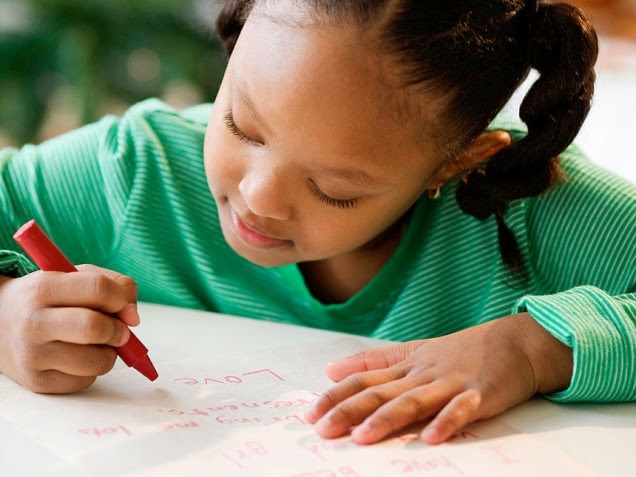 It is necessary to ensure that after 40-50 minutes the students take breaks for 10-15 minutes. Schoolchildren should be taught to ventilate the room where they study more often, since clean air is the main condition for increasing efficiency. They should not be allowed to practice lying down or read while eating. All these seemingly trifles have a serious impact on the quality of home schooling for schoolchildren. nine0003
It is necessary to ensure that after 40-50 minutes the students take breaks for 10-15 minutes. Schoolchildren should be taught to ventilate the room where they study more often, since clean air is the main condition for increasing efficiency. They should not be allowed to practice lying down or read while eating. All these seemingly trifles have a serious impact on the quality of home schooling for schoolchildren. nine0003
Children should be required to have their textbooks, notebooks and other teaching materials ready for school in the evening. Fulfilling this requirement will help develop accuracy and clarity in children.
Help children with homework. In some cases, parents can also help with the preparation of lessons.
In a family, one can sometimes observe two extremes: some parents show complete non-interference in the educational activities of their children. “This is the business of the school, teachers,” they reason, and they do not provide assistance even if the children need it, and if the parents are able to provide this assistance.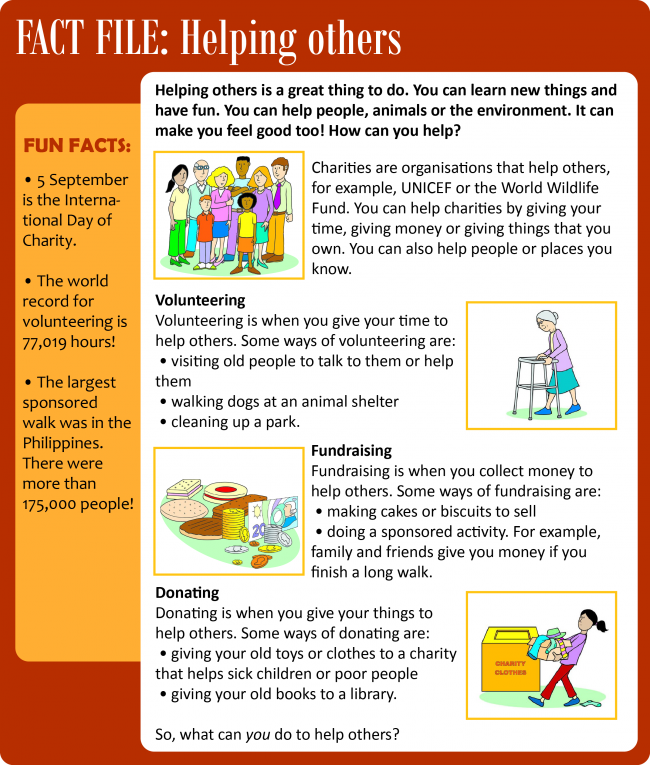 Other parents, on the contrary, are overprotective and sometimes do homework for their children. Both in the first and in the second case, the parents act incorrectly. nine0003
Other parents, on the contrary, are overprotective and sometimes do homework for their children. Both in the first and in the second case, the parents act incorrectly. nine0003
Homework is designed for independent work of schoolchildren. But parents cannot be indifferent to how their children do their homework.
Sometimes schoolchildren, especially those in the lower grades, forget or, having taken up the game, do not have time to complete tasks. Parents should remind them of this.
It is important to monitor homework on a daily basis. It is necessary to gradually accustom children to independent assiduous work. If the student learns to work in an organized and good manner, the need for daily quality control and homework will disappear. nine0003
There are cases when a schoolchild encounters difficulties in doing homework (a task is not obtained, the meaning of a word is not clear, the connection between individual events, phenomena, etc. is not clear). Parents or older family members can and should help the child.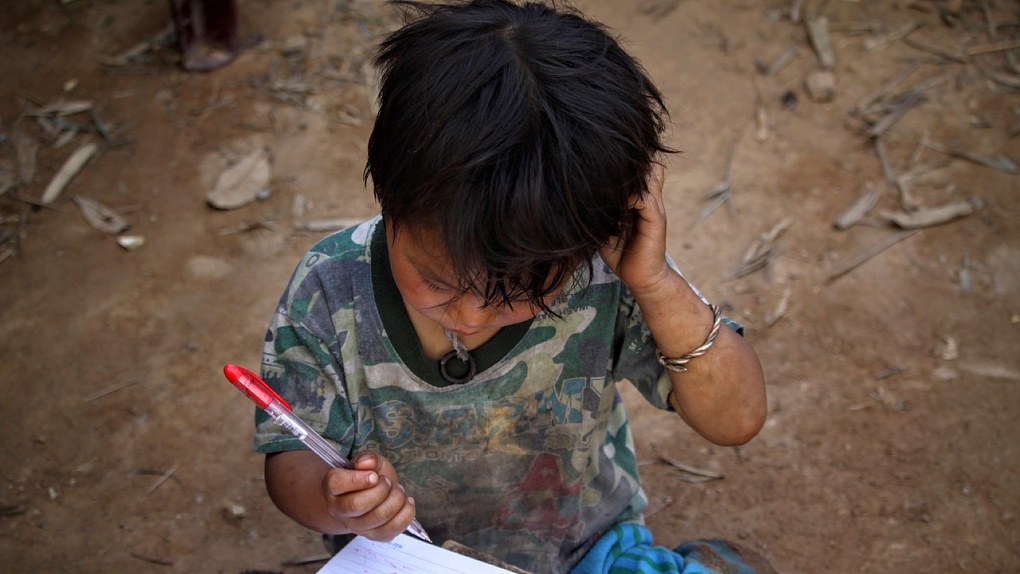 It is necessary to invite the student to think and try to solve the difficult problem himself again and again and only after that help him.
It is necessary to invite the student to think and try to solve the difficult problem himself again and again and only after that help him.
It is useful for elementary school students to check the result of: completing lessons: listening to a poem or retelling of the learned material, reviewing written work, etc. It must be borne in mind that checking the results of schoolchildren's homework is the responsibility of the teacher. But parents cannot be indifferent to the fact that their son or daughter carelessly, hastily do homework and rush to the street. It is necessary to check the quality of the student's homework and thereby accustom him to work accurately and conscientiously. nine0003
Joint activities of children should be encouraged: they help children acquire the skills of teamwork, instilling in them a sense of comradely mutual assistance. Joint classes are especially useful for lagging students, as well as students who are not accustomed to assiduous independent work. However, you need to make sure that they work independently and do not write off solved problems or completed exercises from each other.
However, you need to make sure that they work independently and do not write off solved problems or completed exercises from each other.
Sometimes parents try to explain the poor academic performance of their children by their supposedly weak abilities. In fact, low academic performance is usually explained by the lack of efficiency among schoolchildren, the inability to work. And the inability to work, in turn, gives rise to unwillingness to work, leads to a loss of interest, a frivolous attitude to learning. Parents, together with teachers, should identify the reasons that prevent children from studying well and excellently, and eliminate these reasons. nine0003
During the period of preparation for exams, it is necessary to minimize the various assignments for children. Of course, they should not be completely excluded from self-service work, from participation in domestic work. But this work should not distract from preparing for exams. At the time of preparation for exams, students should also reduce entertainment.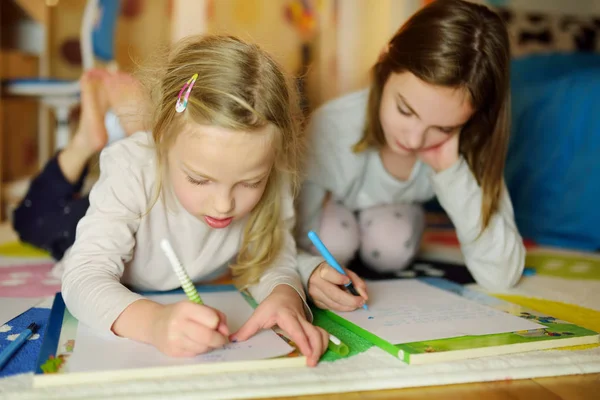
Raising children's sense of responsibility for learning. Success in studies largely depends on the upbringing and strengthening in children of a sense of responsibility for their educational work. Children not only learn, but also play, go in for sports, go to the cinema, do extracurricular reading, help their parents with housework and do other work. However, among all these activities, the most important is educational work. nine0003
Usually, after leaving school, children dream of professions that would allow them to be more useful. It should be explained to them that for this they need to study well and excellently, to acquire knowledge and science.
It is necessary to teach children to overcome difficulties in school work. To study means to work, strain your strength, overcome difficulties and obstacles. Unfortunately, some parents do not take their children's teachings seriously. Instead of giving the child a rest after returning from school, they give him various assignments that require a lot of mental and physical effort.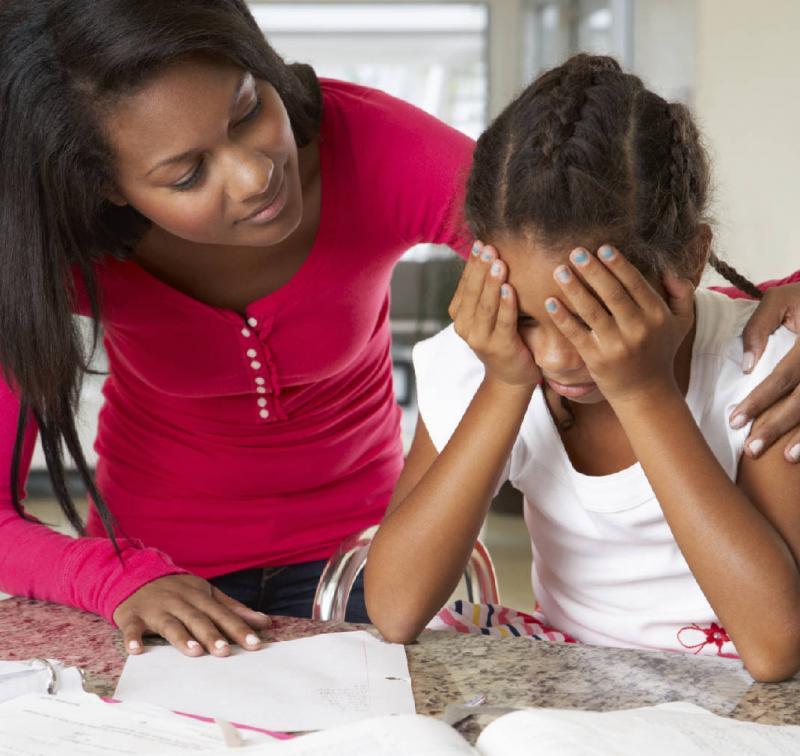 As a result, children overwork and sometimes do not have time to complete the tasks of teachers. nine0003
As a result, children overwork and sometimes do not have time to complete the tasks of teachers. nine0003
Parents should regularly review and sign diaries, be interested in grades and behavior of children at school. Proper journaling teaches children to be neat, organized and in order. If parents stop regularly reviewing the diary, children do not write homework in them, hide bad grades from their parents.
Ensure that children do not miss classes without good reason and are not late for school. Education of children at school is carried out according to a certain system and in a harmonious sequence. Therefore, every lesson missed by a student disrupts the normal course of learning and negatively affects academic performance. To catch up, the student then has to work with great stress for several days. nine0003
The student must start work at the same time, set in the daily routine. You can not allow the child to prepare homework immediately after returning from school. He needs to rest and eat.
Make sure that textbooks, notebooks and school supplies are in their places so that the student does not waste time looking for them. Children should not be allowed to scatter books and study materials randomly.
The mother of one of the students said at a meeting of parents: “First of all, I instill in my daughter a serious attitude towards teaching. Even before school, I inspired her (and I inspire her now) that in order to be a real person, you need to study "excellently". I monitor my daughter's progress very strictly, remembering that if the child's teaching is left to chance from the very beginning, this can have bad consequences, which will then be difficult to correct. Despite my busy work outside the home, every day I check how she does her homework, and I give her my comments on how they are done and how best to do them. In addition to supervising my daughter's homework, I am also interested in her answers in class: I often ask how she answered in class. nine0003
At the direction of the teacher, sometimes on Sundays I arrange a dictation for my daughter and make her write down words in which she made mistakes.

